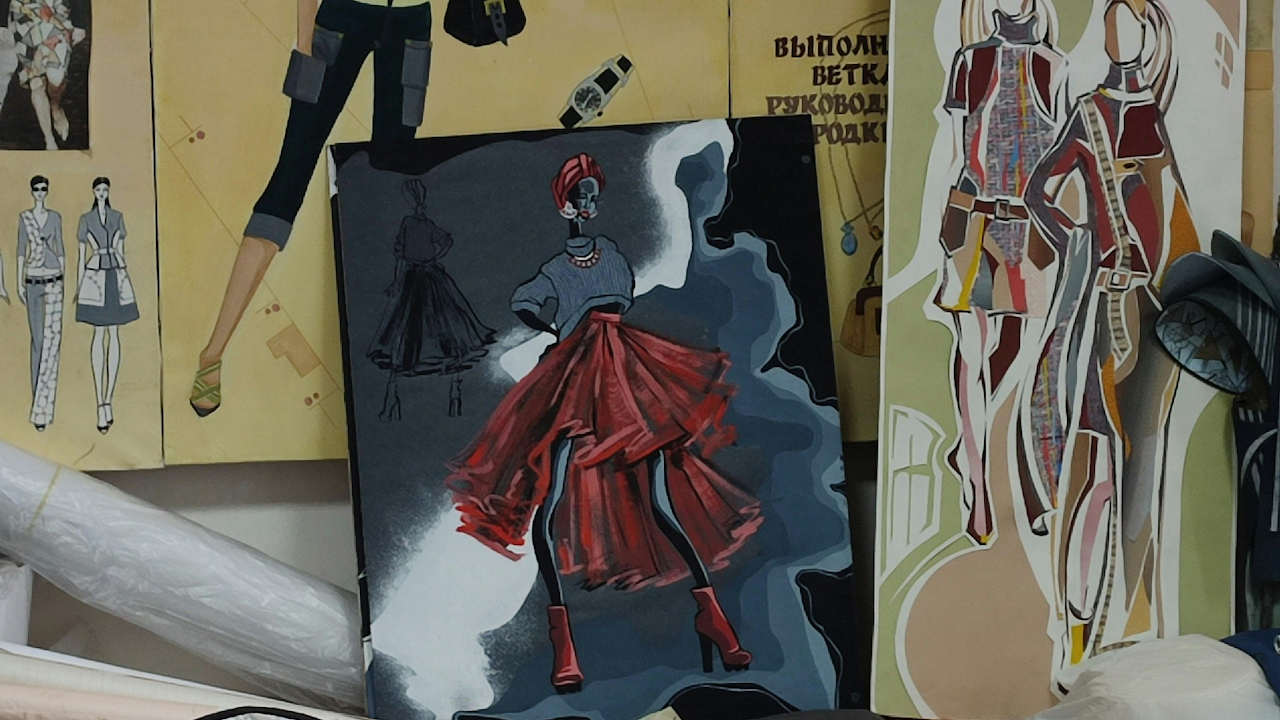The allure of the fashion industry is undeniable. Images of glamorous runway shows, meticulously crafted garments and creative visionaries often dominate our perception. For aspiring fashion professionals, an internship at a renowned fashion house is often seen as the ultimate gateway, a glittering first step onto a coveted career path. However, the reality of interning in this highly competitive world is often far less glamorous than imagined, a demanding, multifaceted experience that tests resilience, fosters invaluable skills and provides an authentic, often unvarnished, look at what it truly takes to succeed.
Upon entering a fashion house as an intern, one quickly learns that the glossy facade often conceals a hive of intense activity. Long hours are not an exception, but often the norm. Days can stretch from early mornings to late evenings, particularly during critical periods such as collection launches, fashion weeks or major photo shoots. The pace is relentless, and the environment is dynamic, requiring interns to be constantly on their toes, anticipating needs and adapting to rapid changes.
The tasks assigned to an intern can vary widely depending on the department and the specific needs of the house. In a design studio, an intern might find themselves assisting with mood boards, sourcing fabrics, organizing swatches or even helping with basic sketching and pattern cutting. This is an opportunity to witness the creative process firsthand, observing how initial concepts evolve into tangible garments. It involves a meticulous attention to detail, as every stitch, every fabric choice, contributes to the final vision.
For those in the public relations or marketing departments, the work might involve managing sample trafficking, meticulously logging garments borrowed by stylists and editors, preparing press kits or assisting with event coordination. This often means running errands across the city, meticulously packing and unpacking delicate pieces, and ensuring that everything is in its rightful place for photo shoots or showroom appointments. Communication skills are paramount here, as interns often liaise with various external partners, from couriers to magazine assistants.
The administrative side of things is also a significant component of an intern’s role. This can include answering phones, managing email correspondence, organizing digital files and maintaining tidy workspaces. While these tasks may not appear to be directly creative, they are fundamental to the smooth operation of the fashion house. An organized and efficient intern contributes directly to the overall productivity of the team.
One of the most valuable aspects of a fashion internship is the exposure it provides to the inner workings of the industry. Interns gain a practical education that simply cannot be replicated in a classroom. They observe how different departments collaborate, from design to production to sales, understanding the intricate chain of events that brings a collection to life and ultimately to market. This holistic view is crucial for anyone aspiring to a long term career in fashion.
The learning curve is steep, and interns are expected to be proactive and eager to learn. This means asking questions, taking initiative and observing every detail. Opportunities for hands on experience are often earned by demonstrating reliability and a strong work ethic. It is not uncommon for interns to take on more significant responsibilities as they prove their capabilities, gradually moving from purely administrative tasks to more engaging projects.
Building a professional network is another significant benefit of interning at a fashion house. Interns interact with a diverse range of professionals, from seasoned designers and marketing specialists to stylists and photographers. These connections can be invaluable for future career opportunities. Attending industry events, even in a supportive role, provides further chances to meet key players and gain insights into current trends and industry discourse.
However, it is important to address the challenges. The fashion industry, particularly at the internship level, can be demanding in terms of work life balance. The hours are long, and the pay, if any, can be minimal. Many internships are unpaid, requiring interns to make significant personal sacrifices for the experience. Resilience is a key trait for success, as the environment can be high pressure and feedback can be direct. It is not always about personal creative expression, but rather about executing the vision of the house.
Despite the challenges, the vast majority of fashion interns describe their experience as transformative. It is an opportunity to determine if the fast paced, demanding nature of the fashion world truly aligns with one’s aspirations. It allows individuals to refine their skills, discover new interests within the vast landscape of fashion and gain invaluable practical knowledge. The experience, while often challenging, equips aspiring professionals with a realistic understanding of the industry, fostering a work ethic and network that can serve as a strong foundation for a fulfilling career. In essence, interning at a fashion house is an intensive, immersive apprenticeship, a journey that peels back the layers of glamour to reveal the dedication, precision and passion that fuel this captivating industry.

